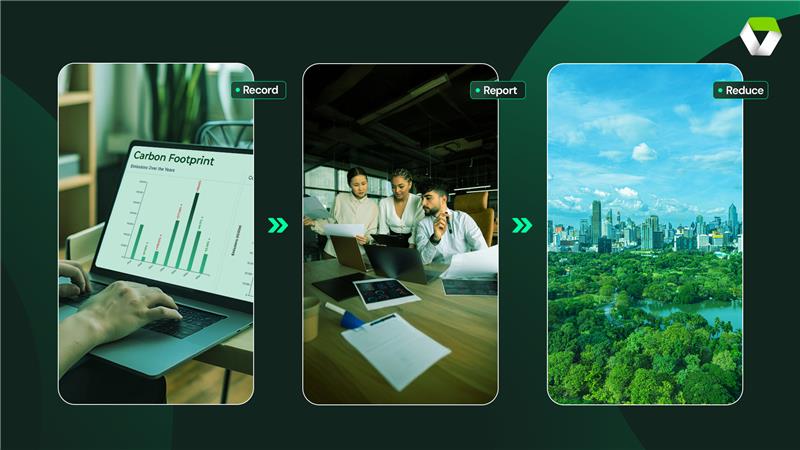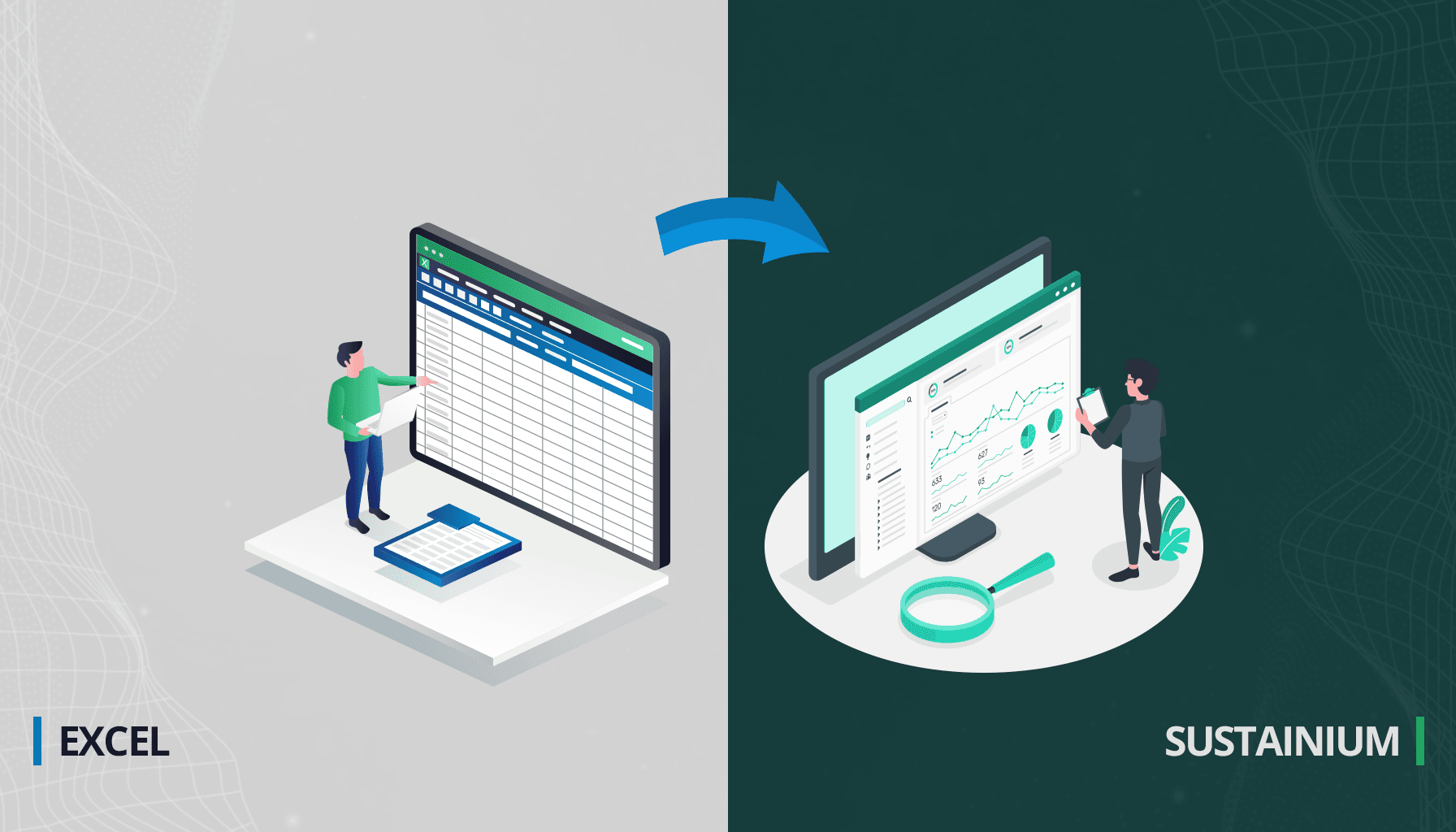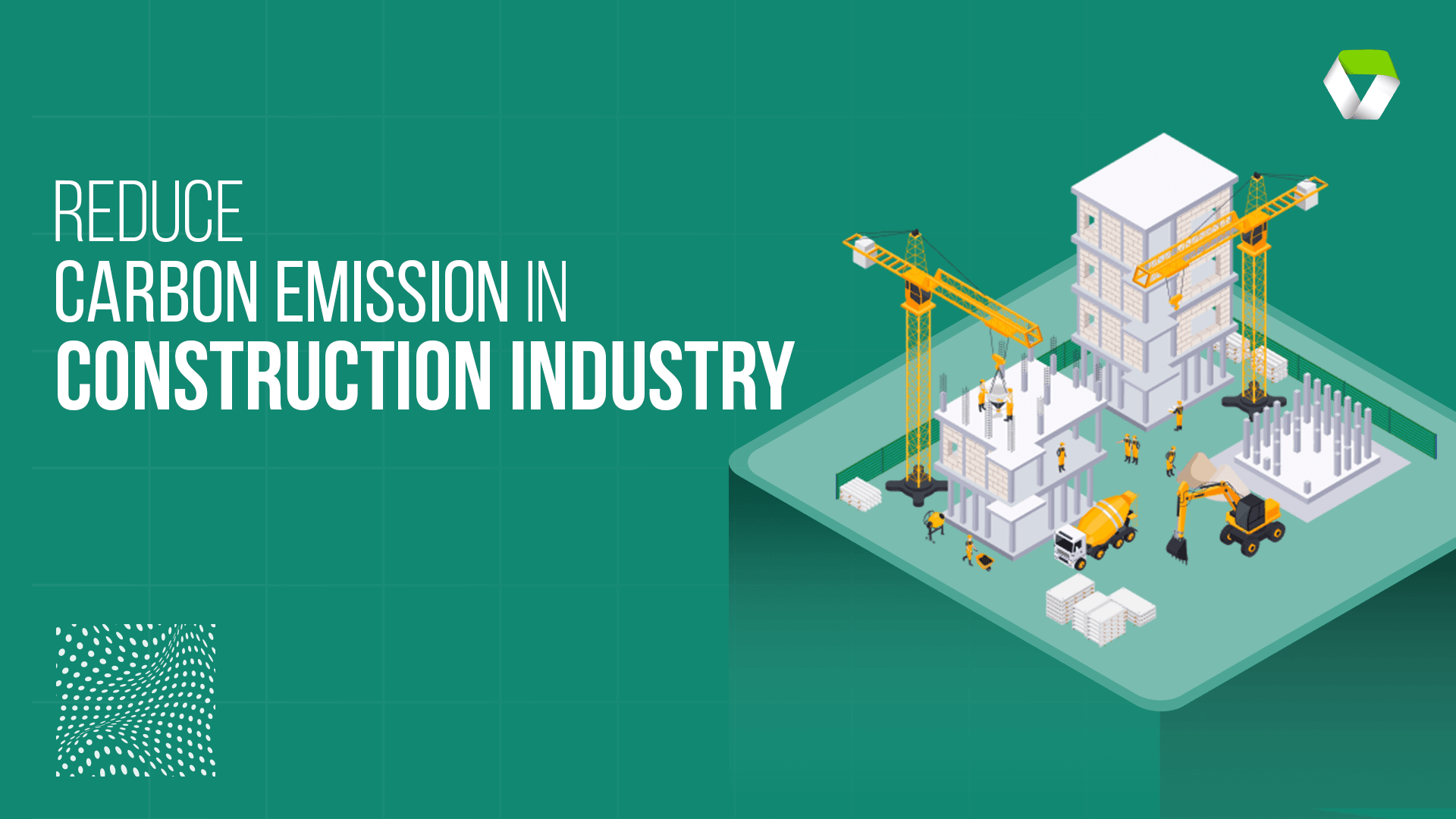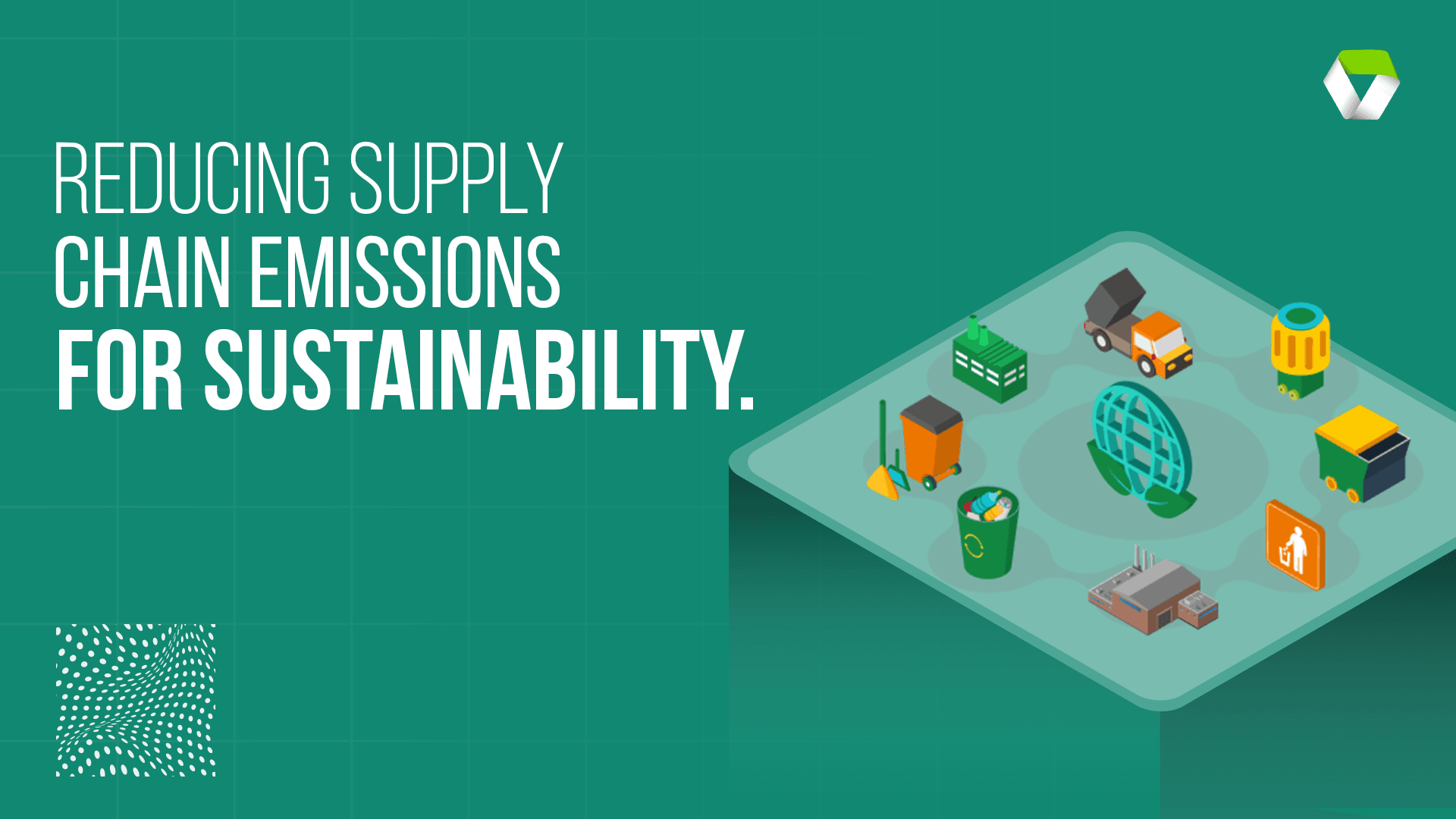How Sustainability Consultants Can Overcome Real Estate’s ESG Challenges
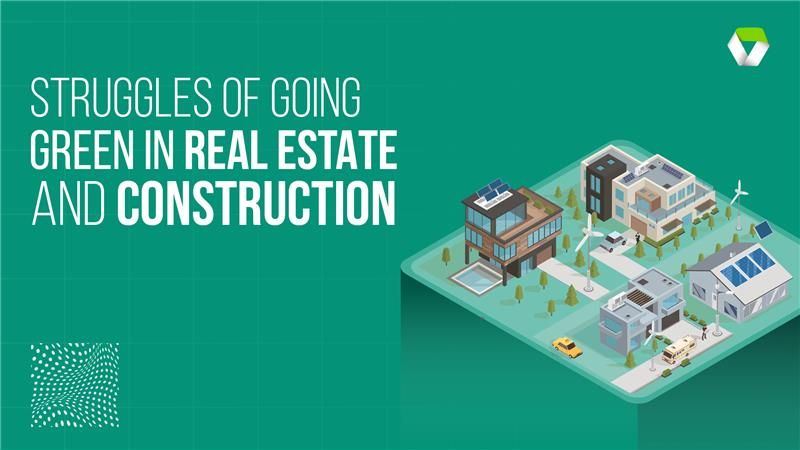
Buildings account for over 26% of global energy-related CO₂ emissions, highlighting the real estate and construction sectors' critical role in achieving sustainability goals. The International Energy Agency (IEA) emphasizes reducing building emissions by 50% by 2030 to meet net-zero targets, necessitating clearer policies and stringent green building regulations.
Real estate developers and construction project management companies bear substantial responsibility for emissions mitigation, given the high carbon intensity of construction activities and building operations. Mitigating these emissions demands not only technical interventions but also systematic monitoring and reporting. Sustainability consultants and managers play a crucial role in this process — helping these entities track their emissions, identify reduction opportunities, and implement targeted strategies. However, several challenges must be addressed to fully leverage sustainability opportunities and achieve meaningful emission reductions.
1. Evolving Regulatory Landscape
ESG regulations are continuously becoming more complex, with frequent updates and new rating systems challenging sustainability consultants' ability to maintain compliance. For instance:
- The UK's mandate requiring commercial buildings to achieve an Energy Performance Certificate (EPC) rating of B or higher by 2030 is unmet by 80% of existing office spaces, necessitating costly retrofits.
- India's Energy Conservation Building Code (ECBC), established in 2007, has seen inconsistent adoption across states, complicating nationwide standardization efforts.
- Dubai's Green Building Regulations demand strict adherence to sustainability practices in new construction, aiming to significantly lower environmental impacts.
Interoperable frameworks such as India's Business Responsibility and Sustainability Reporting (BRSR) and Europe's Corporate Sustainability Reporting Directive (CSRD) seek to streamline reporting.
Consultants must adopt regulatory monitoring systems, develop adaptable sustainability roadmaps, and engage clients early in planning to address these evolving regulatory challenges.
2. Data Collection Nightmare
Data accuracy and completeness are crucial for effective sustainability consulting, yet data management remains fragmented. Multiple stakeholders—property managers, construction teams, tenants, and finance departments—contribute data in inconsistent formats, often relying on outdated methods like spreadsheets.
Key challenges include fragmented data sources, manual processes, lack of standardization, extensive data validation efforts, and high dependency on stakeholders for timely, accurate ESG data. This further worsens when sharing accurate and complete ESG data is one of the least priorities of the various stakeholders.
Solutions involve standardizing data collection procedures, clearly defining data responsibilities, implementing validation checkpoints, and providing regular stakeholder training to align teams with ESG objectives.
3. Managing High Data Volumes
Once sustainability data is collected, efficiently processing and analyzing large volumes poses significant challenges. Without automated tools, consultants risk human error, delayed reporting, and missed optimization opportunities.
Adopting specialized ESG platforms for accurate, real-time data collection and analysis is essential to facilitate informed decision-making.
4. Tracking Scope 3 Emissions
While it is known that Scope 3 emissions can often go beyond 50% of the company’s entire emissions; collection of scope 3 emissions data is a nightmare for sustainability consultants.
Scope 3 emissions, indirect emissions from supply chains, tenants, transportation, and waste, present considerable measurement challenges due to limited visibility into supplier data and inconsistent emission factors. Many companies face difficulties accurately reporting these emissions, risking underreporting or overestimating impacts, thus jeopardizing compliance and strategic planning.
Consultants should adopt an iterative "start early, fail fast, recover fast" approach. Leveraging existing frameworks and sectoral guidance from GHG protocol and green certification agencies, companies can gradually integrate robust Scope 3 emission tracking despite initial complexities and learning curves.
5. Ensuring Data Validation and Reliability
Reliable ESG data validation remains critical, given stringent requirements from regulatory bodies, investors, and certifications like GRESB, LEED, and CDP. Consultants face inconsistencies across data sources and validation methods, complicating efforts to maintain data accuracy and credibility.
Robust ESG data collection and validation processes, involving stakeholders throughout validation stages, are essential to ensure data integrity before detailed analysis and reporting.
6. Demonstrating the Business Case for Sustainability
One of consultants' primary challenges is shifting client perspectives, as many businesses perceive sustainability as costly. However, substantial evidence demonstrates sustainability's financial viability. LEED-certified buildings command rent premiums up to 31% higher than non-certified properties (CBRE), and green buildings offer reduced vacancy rates and long-term operational savings.
Financial institutions increasingly provide favorable terms through green financing instruments, enhancing sustainability investments' attractiveness. For instance, India's first net-zero energy commercial building, the Indira Paryavaran Bhawan, consumes 70% less energy than conventional buildings, proving sustainability's economic and environmental merits. Clearly communicating these financial and operational benefits is crucial for consultants to drive client adoption.
7. Overcoming Resistance to Change
Traditional real estate practices frequently resist new sustainability strategies due to perceived disruption risks. Without concrete evidence, skepticism persists among stakeholders.
However, several examples illustrate sustainability's value clearly:
- The Empire State Building’s energy retrofit resulted in a 38% reduction in energy use, leading to annual savings of $4.4 million in energy costs.
- The Edge in Amsterdam employs smart technologies and renewable energy to reach near-zero energy consumption, helping its tenants realize up to 70% reductions in utility expenses, alongside improved workplace productivity.
- Singapore’s Marina Bay Sands integrates advanced water recycling and solar energy systems, which have cut the complex’s energy bills by an estimated 20%, contributing to multi-million dollar operational savings annually.
Above are only some of the examples, there are many of these wonderfully designed, built and operated projects that work as guiding beacon for the entire industry to follow.
Consultants can effectively overcome resistance by leveraging these compelling success stories, demonstrating tangible cost savings, increased asset value, and enhanced investor confidence through sustainable practices.
In conclusion, sustainability consultants play an indispensable role in guiding the real estate and construction sectors toward achieving critical sustainability goals. By proactively addressing regulatory complexities, streamlining data management processes, enhancing data reliability, demonstrating financial viability, and strategically overcoming resistance, consultants empower real estate entities to realize meaningful sustainability advancements, benefiting businesses, investors, and the broader environment.
References:
- International Energy Agency (IEA), Buildings: https://www.iea.org/reports/buildings; https://www.iea.org/reports/net-zero-by-2050
- CBRE. 'Green Is Good: The Enduring Rent Premium of LEED-Certified U.S. Office Buildings.' October 26, 2022: https://www.cbre.com/insights/viewpoints/green-is-good-the-endurance-of-the-rent-premium-in-leed-certified-us-office-buildings
- The effect of MEES regulations on commercial property by 2030: https://www.simmons simmons.com/en/publications/ckmxbrsri18pm0a34fznd79y4/mees-implementing-the-epc-b-target-by-2030
- GRIHA, Indira Paryavaran Bhawan Case Study: https://www.grihaindia.org
